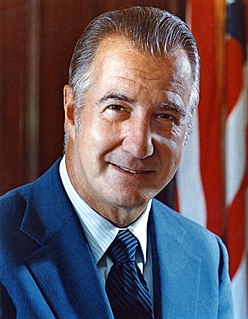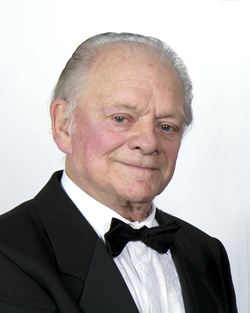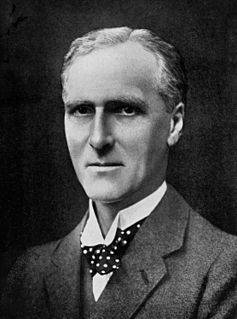A Quote by Thomas Jefferson
Chemistry is yet, indeed, a mere embryon. Its principles are contested; experiments seem contradictory; their subjects are so minute as to escape our senses; and their result too fallacious to satisfy the mind. It is probably an age too soon to propose the establishment of a system.
Related Quotes
Our senses perceive no extreme. Too much sound deafens us; too much light dazzles us; too great distance or proximity hinders ourview. Too great length and too great brevity of discourse tends to obscurity; too much truth is paralyzing.... In short, extremes are for us as though they were not, and we are not within their notice. They escape us, or we them.
Too much apparatus, designed to guide us in experiments and to supplement the exactness of our senses, makes us neglect to use those senses...The more ingenious our apparatus, the coarser and more unskillful are our senses. We surround ourselves with tools and fail to use those which nature has provided every one of us.
For chemistry is no science form'd à priori; 'tis no production of the human mind, framed by reasoning and deduction: it took its rise from a number of experiments casually made, without any expectation of what follow'd; and was only reduced into an art or system, by collecting and comparing the effects of such unpremeditated experiments, and observing the uniform tendency thereof. So far, then, as a number of experimenters agree to establish any undoubted truth; so far they may be consider'd as constituting the theory of chemistry.
Sometimes it appears that we're reaching a period when our senses and our minds will no longer respond to moderate stimulation. We seem to be approaching an Age of the Gross. Persuasion through speeches and books is too often discarded for disruptive demonstrations aimed at bludgeoning the unconvinced into action.
It seems to me that we must make a distinction between what is "objective" and what is "measurable" in discussing the question of physical reality, according to quantum mechanics. The state-vector of a system is, indeed, not measurable , in the sense that one cannot ascertain, by experiments performed on the system, precisely (up to proportionality) what the state is; but the state-vector does seem to be (again up to proportionality) a completely objective property of the system, being completely characterized by the results it must give to experiments that one might perform.
Faced with today's problems and disappointments , many people will try to escape from their responsibility. Escape in selfishness, escape in sexual pleasure, escape in drugs, escape in violence, escape in indifference and cynical attitudes. I propose to you the option of love, which is the opposite of escape.
We live, understandably enough, with the sense of urgency; our clock, like Baudelaire's, has had the hands removed and bears the legend, "It is later than you think." But with us it is always a little too late for mind, yet never too late for honest stupidity; always a little too late for understanding, never too late for righteous, bewildered wrath; always too late for thought, never too late for naïve moralizing. We seem to like to condemn our finest but not our worst qualities by pitting them against the exigency of time.
On a motif such as was indicated by Reti one cannot build the plan of a whole well contested game; it is too meagre, too thin, too puny for such an end. Reti's explanations, wherever they are concerned with an analysis which covers a few moves, are correct and praiseworthy. But when he abandons the foundations of analysis in order to draw too bold, too general a conclusion, his arguments prove to be mistaken.
































